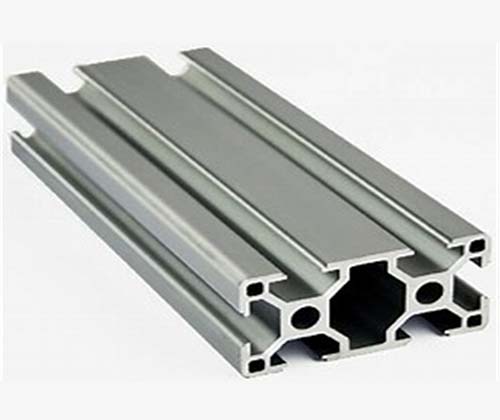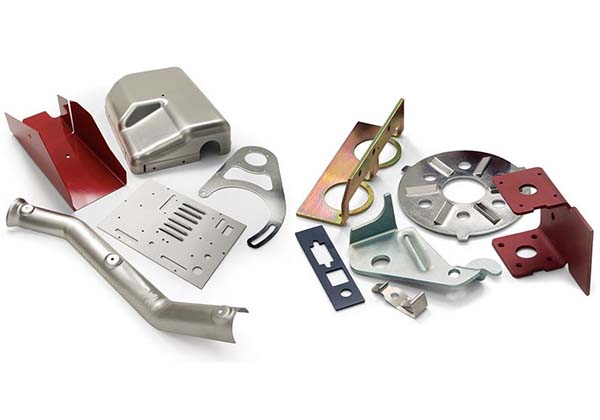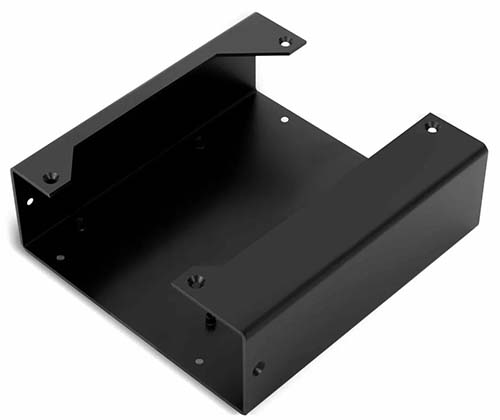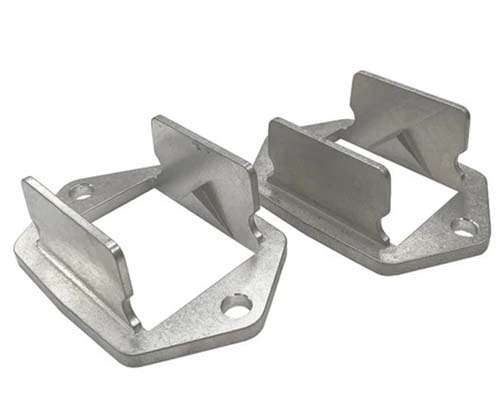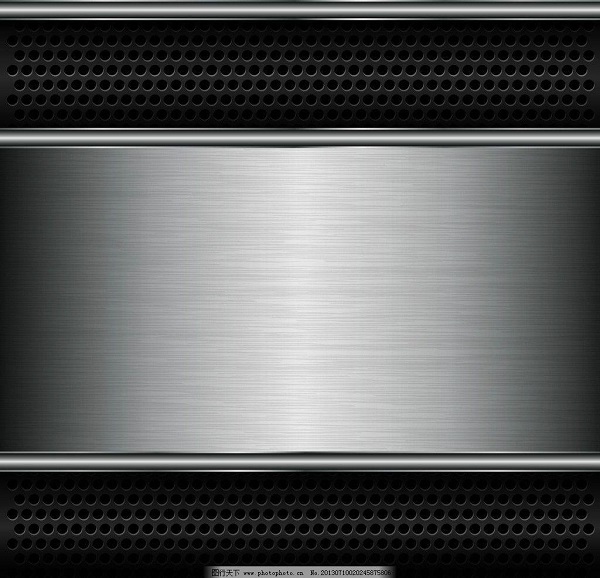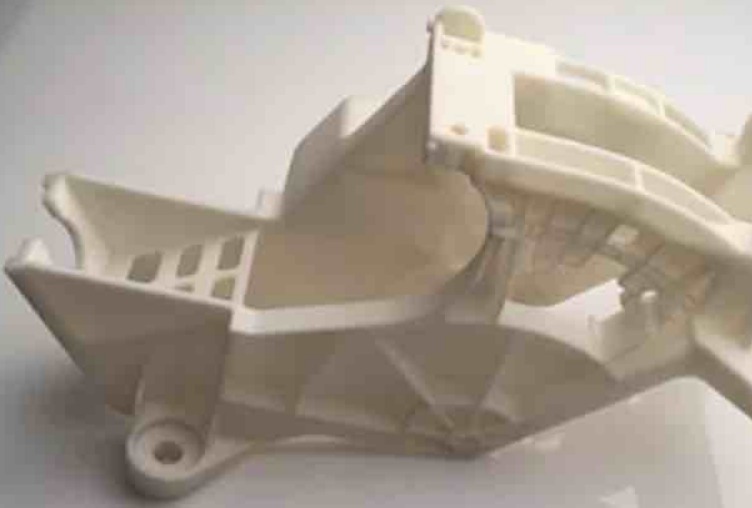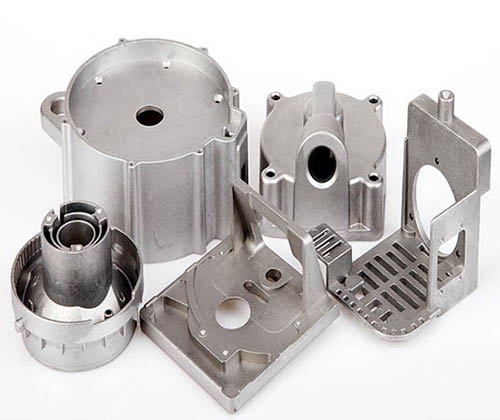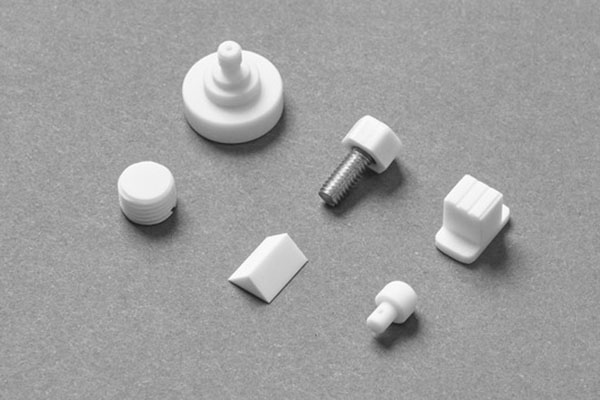Importance of Selecting the Right Supplier
Selecting the right sheet metal fabrication suppliers is of utmost importance for several reasons.
- Product Quality: High - quality sheet metal fabrication is essential for the performance and durability of the final product. A reliable supplier will use high - grade materials and advanced manufacturing techniques. For example, if you are manufacturing electronic enclosures, the precision of the sheet metal fabrication by the supplier ensures that components fit perfectly inside, protecting them from external elements. According to a study by the Fabricators & Manufacturers Association, International, products made from high - quality sheet metal fabrication are 30% less likely to experience early - stage failures compared to those made with sub - standard fabrication.
- Cost Control: The right supplier can help you control costs. They can offer competitive pricing based on their economies of scale, efficient production processes, and relationships with material suppliers. A supplier who can optimize material usage can also save you money. For instance, a supplier that uses nesting software to minimize waste during the cutting process can reduce material costs by up to 15%.
- Production Schedule: Meeting production deadlines is crucial. A professional sheet metal fabrication supplier has the capacity, resources, and management systems in place to ensure timely delivery. Delays in sheet metal fabrication can cause a domino effect, delaying the entire production line. A survey among manufacturing companies found that 70% of production delays were directly related to issues with suppliers, highlighting the importance of choosing a reliable one.
Key Factors to Consider
Experience and Expertise
When evaluating sheet metal fabrication suppliers, experience matters a great deal. Look for suppliers with a long - standing presence in the industry. For example, a supplier with over 20 years of experience has likely encountered and overcome a wide range of manufacturing challenges. Such suppliers often have a deep understanding of different sheet metal materials and fabrication techniques.
They may have served various industries, including aerospace, where precision and high - quality standards are crucial. In the aerospace industry, sheet metal parts need to withstand extreme conditions, and a supplier with relevant experience will know how to meet these stringent requirements. A case in point is a supplier that successfully fabricated complex sheet metal components for an aircraft's wing structure, ensuring the safety and efficiency of the aircraft during flight.
Range of Services
A good sheet metal fabrication supplier should offer a comprehensive range of services. This typically includes laser cutting, which provides high - precision cuts with minimal material waste. For instance, it can cut intricate shapes in sheet metal with an accuracy of up to ±0.1mm. Bending services are also essential, allowing for the creation of various angles and forms. A skilled supplier can bend sheet metal to tight tolerances, ensuring consistent quality in every bend.
Welding services are another key aspect. Whether it's MIG (Metal Inert Gas) welding, TIG (Tungsten Inert Gas) welding, or spot welding, the supplier should be proficient in joining different sheet metal parts securely. The advantage of a supplier that offers a one - stop - shop for all these services is that it simplifies the production process for the customer. There's no need to coordinate with multiple vendors, reducing communication errors and potential delays.
Quality Assurance
Quality assurance is non - negotiable when choosing a sheet metal fabrication supplier. Reputable suppliers adhere to international quality standards such as ISO 9001:2015. This standard ensures that the supplier has a well - defined quality management system in place.
They use various detection methods, including dimensional inspection using coordinate measuring machines (CMMs). CMMs can accurately measure the dimensions of sheet metal parts, ensuring they meet the design specifications. Surface inspection techniques are also employed to check for any defects like scratches, dents, or porosity on the surface of the fabricated parts.
Material Options
Commonly used metal materials in sheet metal fabrication include stainless steel, which is highly corrosion - resistant and often used in applications where durability and hygiene are important, such as in the food and medical industries. Aluminum is another popular choice due to its low density and good thermal conductivity, making it suitable for applications in the automotive and electronics industries.
The choice of material significantly impacts the performance and cost of the final product. For example, using a higher - grade stainless steel may increase the product's corrosion resistance but also raise the cost. On the other hand, choosing a more cost - effective aluminum alloy might be a better option for a product where weight reduction is a priority and corrosion resistance requirements are not as high.
Pricing and Cost - effectiveness
Several factors influence a supplier's quotation. The cost of raw materials is a major factor, as metal prices can fluctuate in the market. The complexity of the design also plays a role; more intricate designs require more time and advanced techniques, increasing the cost.
When comparing prices among different suppliers, it's important to consider not just the upfront cost but also the overall value. A supplier offering a lower price may cut corners on quality or have longer lead times, which could end up costing more in the long run. For example, a cheaper supplier might use lower - grade materials that could lead to product failures, resulting in costly replacements and damage to the brand's reputation.
Production Capacity and Lead Times
A supplier's production capacity depends on its equipment and workforce. Suppliers with state - of - the - art manufacturing equipment, such as high - speed laser cutters and automated bending machines, can produce large volumes of sheet metal parts more efficiently.
The number of skilled workers also affects capacity. A team of experienced fabricators can handle complex projects and ensure high - quality output. Production capacity and lead times are crucial for project success. If a supplier can't meet the required production volume or deliver the parts on time, it can disrupt the entire production schedule. For example, in a new product launch, delays in receiving sheet metal components can postpone the launch, leading to missed market opportunities.
Customer Service and Communication
Clear communication and excellent customer service are vital. A good supplier will have a dedicated customer service team that is responsive to inquiries. They should be able to provide regular updates on the production progress, answer any technical questions, and address concerns promptly.
The service process typically includes initial design consultations, where the supplier can offer advice on design improvements to optimize the fabrication process. After - sales service is also important, such as providing support in case of any issues with the delivered parts. A supplier that values communication and customer service is more likely to build long - term relationships with its clients and ensure project satisfaction.
Yigu Technology's Perspective
As a non - standard plastic metal products custom Supplier, Yigu Technology understands the significance of partnering with reliable sheet metal fabrication suppliers. Our company emphasizes the importance of a seamless collaboration in the manufacturing process.
We pride ourselves on our ability to handle complex custom projects. Our team of experts conducts in - depth consultations with clients at the initial stage, leveraging advanced design software to create precise 3D models. This ensures that every detail of the non - standard products meets the client's specific requirements. During production, we use high - end equipment and strict quality control measures to guarantee product quality. For example, in a recent project for a unique electronic device housing, we successfully combined plastic and metal components with high precision, meeting the client's demand for both functionality and aesthetics. We believe that close communication with sheet metal fabrication suppliers is key. By working together, we can optimize the production process, reduce costs, and deliver high - quality products to our clients in a timely manner.
FAQ
Q1: How can I ensure the quality of sheet metal products?
You can ensure the quality by choosing a supplier with a sound quality control system. Look for suppliers that follow international quality standards like ISO 9001:2015. They should also have advanced detection methods such as dimensional inspection using CMMs and surface inspection to check for defects.
Q2: What is the typical lead time for sheet metal fabrication?
The lead time varies depending on factors like order quantity and the complexity of the fabrication process. Generally, it can range from [X] days to [X] weeks. For example, a small - scale order with simple designs may be completed within a few days, while a large - scale and complex project could take several weeks.
Q3: Can a sheet metal fabrication supplier help with product design?
Yes, many sheet metal fabrication suppliers offer design support. They have experienced engineers who can provide valuable suggestions and optimization plans during the design phase. This can help improve the manufacturability of the product and potentially reduce costs.
